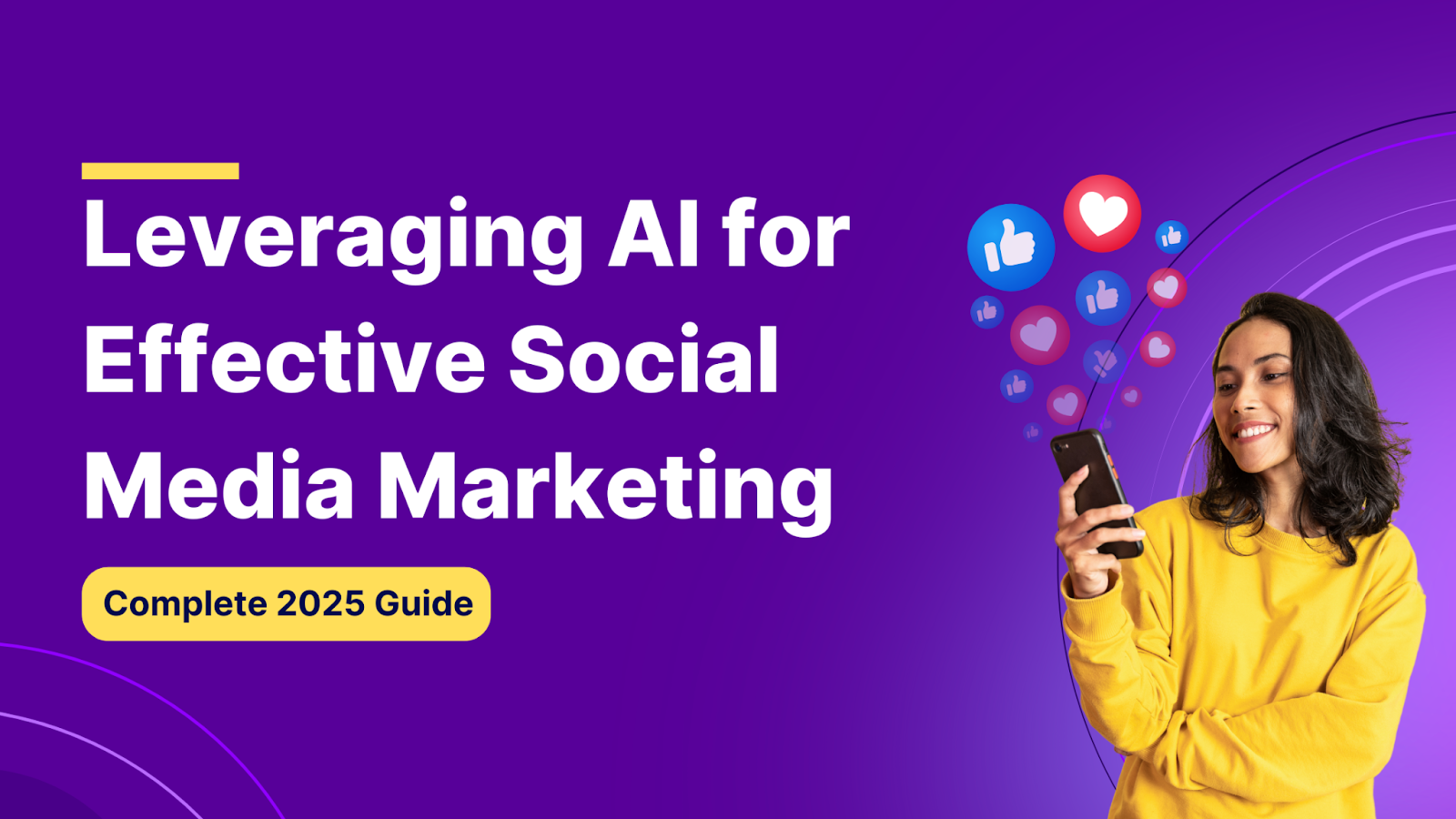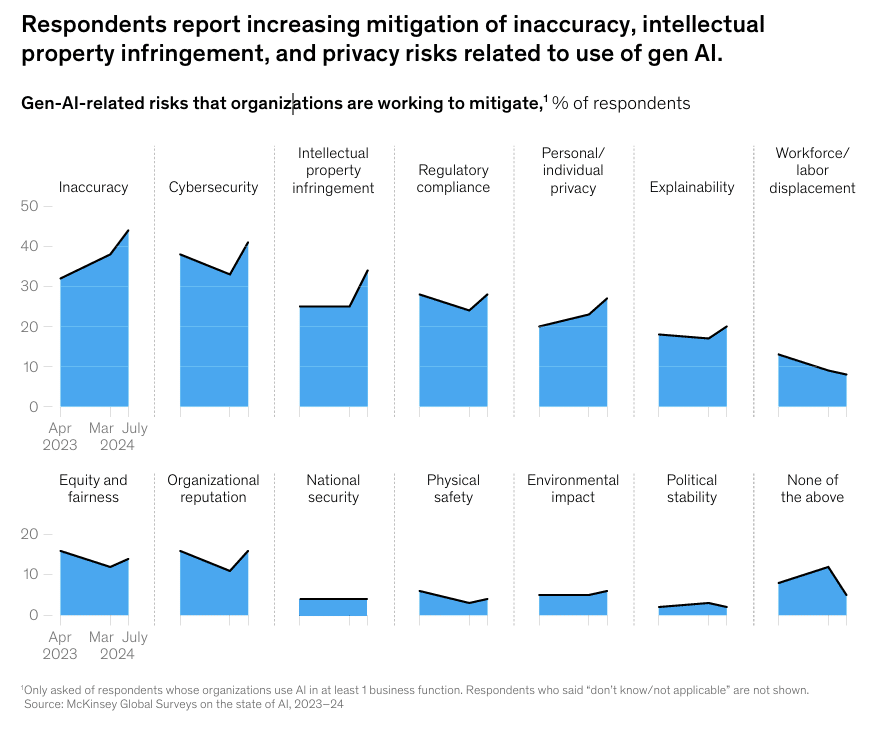Top AI Tools Transforming Social Media Marketing Strategies in 2025
Among the channels analyzed in Digiday’s 2025 CMO Strategies series, social media continues to dominate, with 92% of over 190 surveyed marketers confirming their use for marketing. This marks a decline from 97% in previous years, reflecting cautious shifts in strategy amid external pressures.

Image courtesy of Digiday
Emmanuel Orssaud, CMO at Duolingo, stated, “We believe that investing in social these days is the best distribution channel for any brand.” The anticipated global social media ad spend is projected to reach $276.72 billion in 2025, representing a 13.6% increase over 2024, according to Statista. However, geopolitical factors, including tariffs and potential TikTok bans, have contributed to a decline in social media usage among marketers.
Methodology of Marketer Research
Digiday+ Research conducted a survey with 195 respondents to assess current digital marketing tactics and preferences. The methodology included individual interviews with marketing executives and analysis of past and future investments.
Diversification in Social Media Platform Usage
Marketers are increasingly diversifying their social media engagements. The leading platforms remain unchanged, with Meta’s Instagram and Facebook at the forefront, followed by YouTube, TikTok, and Pinterest. Notably, Instagram and Facebook usage has decreased by 2 and 1 percentage points, respectively, while usage of YouTube and TikTok has increased by 4 and 3 percentage points, respectively.
Julianne Fraser, CEO of Dialogue New York, advised clients to avoid dependence on a single platform, encouraging diversification across various channels. This strategy is vital, particularly given the uncertainties surrounding TikTok’s future in the U.S.
Budget Allocation for Social Media Marketing
Marketers reported a decrease in budget allocation for all social media platforms in 2025 compared to 2024. Overall, 79% of respondents confirmed their use of display ads, an increase from the previous year. Conversely, the percentage of marketers using social media for marketing dropped from 97% to 92%.
Effectiveness of Social Media Platforms for Branding
When asked about the best platform for branding, 56% of marketers chose Instagram, maintaining its position as the top choice for the third consecutive year. Instagram also remains the preferred platform for conversions, underscoring its effectiveness in brand engagement.
Key Performance Indicators (KPIs) in Social Media
Engagement remains the primary KPI for assessing success across social platforms in 2025. For Instagram, 37% of respondents identified engagement as the top metric, while 26% noted it for Facebook. Pinterest and YouTube are exceptions, where impressions are the leading measure of success.
The Role of AI in Social Media Marketing
AI is revolutionizing social media marketing strategies, with tools that enhance content creation, scheduling, and analytics. According to surveys, 88% of marketers utilize AI in their daily operations, with 43% deeming it crucial for their strategies. AI tools like ChatGPT, Jasper, and Buffer are widely adopted for generating content, analyzing performance, and optimizing engagement.

Image courtesy of source
AI's capabilities include predicting content performance, enhancing engagement timing, and personalizing messages based on user behaviors. As marketers adopt AI tools, they can expect significant improvements in efficiency and effectiveness.
The Importance of Hyper-Personalization
In 2025, hyper-personalization is essential. Businesses leverage AI to customize content based on real-time signals, including browsing behavior and geolocation. This trend is evidenced by the fact that 92% of businesses now utilize AI-driven personalization, significantly enhancing customer engagement.
Ethical Considerations in AI Usage
While AI offers substantial advantages, ethical considerations surrounding data privacy, algorithmic bias, and transparency are paramount. Marketers must navigate these challenges, ensuring responsible AI application and maintaining consumer trust.

Image courtesy of Taboola
Conclusion on AI and Marketing Trends
The integration of AI into social media marketing is no longer optional but a necessity for staying competitive. With tools evolving rapidly, marketers must adapt their strategies to leverage AI's full potential while addressing ethical considerations and consumer privacy.





